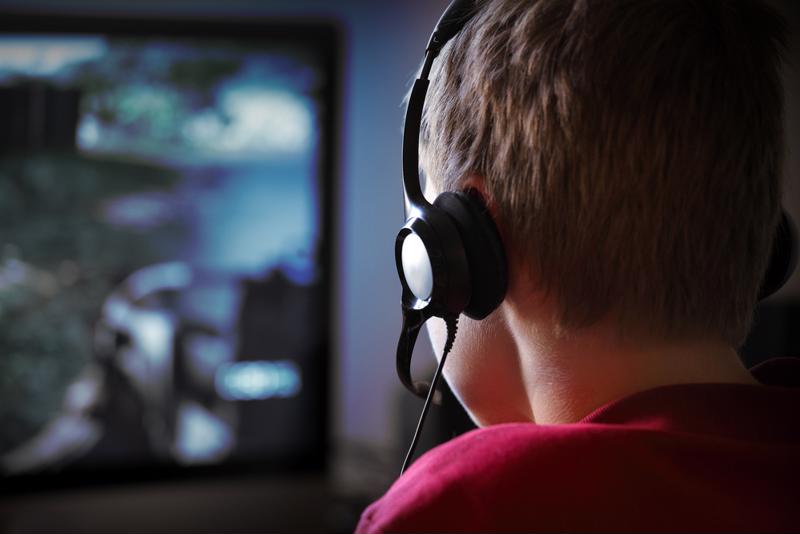As anyone who has ever spent any time with a young child during an evening knows, bedtimes can be something of a struggle. Even if you know perfectly well that the little one is tired and ready for bed, it's often strangely difficult to convince him or her of that fact. Unfortunately, kids are still figuring out how to listen to their bodies' cues. That, combined with the fact that most children are full of the kind of energy and enthusiasm that makes sleep seem utterly boring, means that getting a kid to go to bed on time can be tough.
 Reading before bed is a great addition to your evening routine.
Reading before bed is a great addition to your evening routine.
Fortunately, if you establish a routine, it can get a lot easier. Once your child is used to going to bed at the same time each night, his or her body will start to develop a sleep cycle. Not only will this mean your child is genuinely tired come bedtime, it will also mean he or she will get better at recognizing his or her own sleepiness. Here are a few do's and don'ts for establishing a bedtime that will actually stick:
Do:
- Stick to a specific schedule: Your child's body won't be able to develop a sleepiness rhythm unless you set and stick to the same time each night. This may be difficult the first few nights, as your little one hasn't had a chance to get into the routine yet. However, once you've been putting him or her to bed with consistency, bedtime will gradually get easier.
- Make it about more than bedtime: Your bedtime routine should be about a lot more than just going to sleep. In fact, if it has multiple steps, it will become a habit far more quickly. The good news is, there are plenty of tasks that lend themselves to the pre-bedtime hour. For example, you can have your child brush his or her teeth and wash his or her face, then tidy up and read a book. Once all of these to-dos are done, it's time for sleep. Adding these extra steps will help your child start feeling sleepy as you go through the routine - eventually his or her body will associate those steps in that order with dozing off!
- Offer help if your child needs it: Sometimes it's not a lack of tiredness getting in a child's way, but some other factor that keeps him or her from being able to rest. For example, your child may be uncomfortable sleeping without a night light, or he or she may need white noise to block out the sounds happening in the rest of the house. Pay attention to your child's feedback about bedtime and adjust accordingly.
Don't:
- Let screens or electronics be a part of the bedtime routine: Bright screens reduce your child's ability to produce melatonin, the chemical that makes us sleepy. Moreover, the activities on screens are usually too energetic and mind-consuming to be conducive to relaxation before bed.
 Video games, cellphones and social media are all wrong for bedtime.
Video games, cellphones and social media are all wrong for bedtime.
- Give your child sugary drinks or snacks late at night: Snacking right before bed will give your child a boost of energy right when you want the opposite. It will also put him or her at risk of having nighttime accidents or, if your child is older, cause him or her to need to wake up for the bathroom. In general, food before bed should be avoided - active digestion can lead to fitful sleep. If your child must have a snack before bedtime, make sure it's something mild like crackers.
- Let the child be in charge: You might be tempted to give in if your child asks you to read the book one more time, or to let him or her get up to do one more thing, but avoid it whenever possible. This disrupts the routine and extends the length of time it takes for your child's body to adjust. Instead, make sure bedtime ends when it's supposed to, but promise you can read the book (or sing the song or do the task, whatever the case may be) again tomorrow.